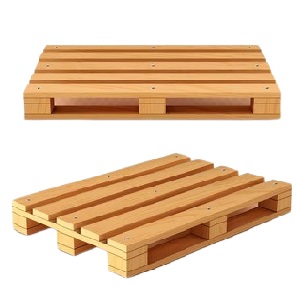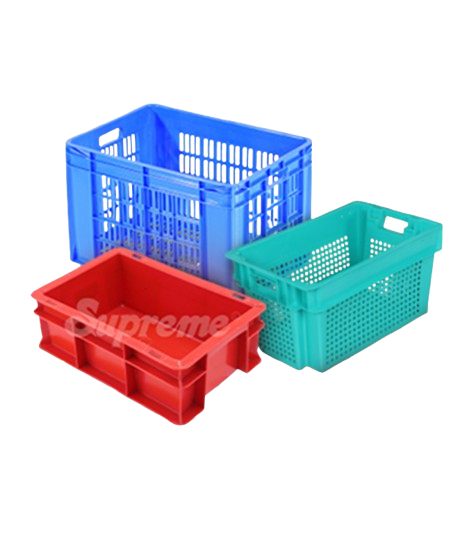Subtotal ₹0.00
Our commitment to excellence and customer satisfaction has enabled us to establish a strong presence in international markets. We believe in creating lasting partnerships and delivering products that meet the highest standards of quality.
1901 Office No-4,First Floor, DS Tower, Pillar No.58, Sikanderpur, Gurgaon, Haryana








